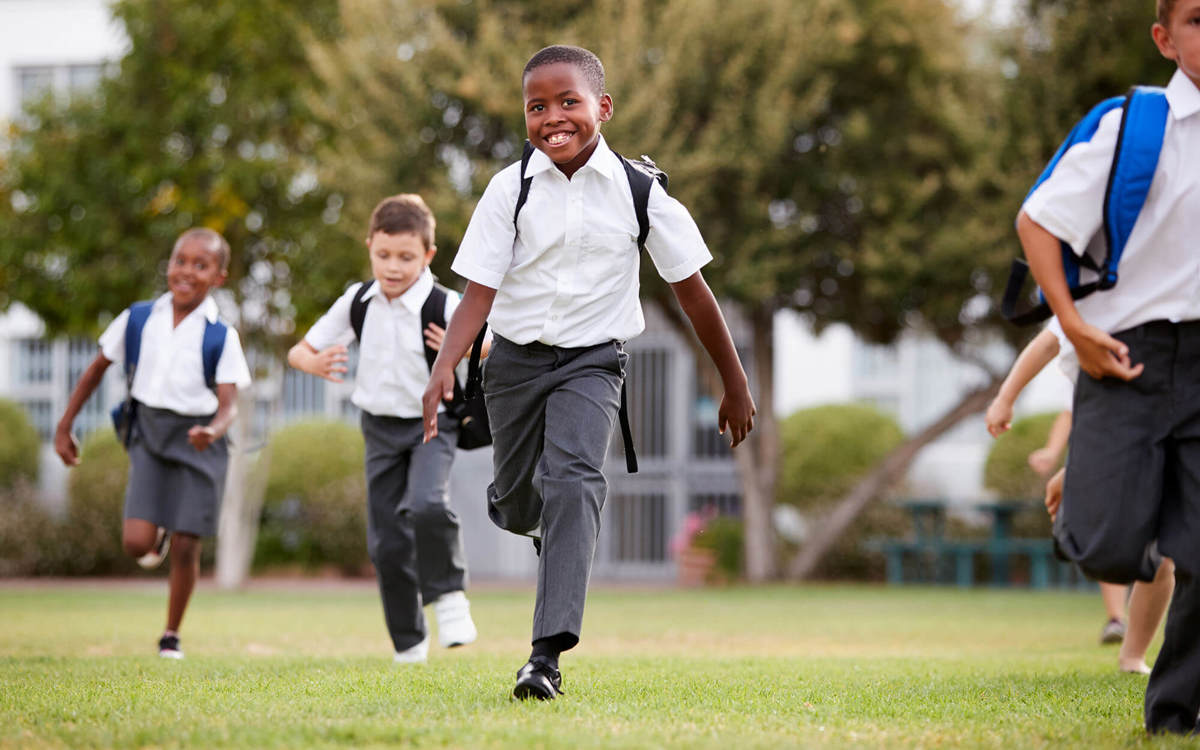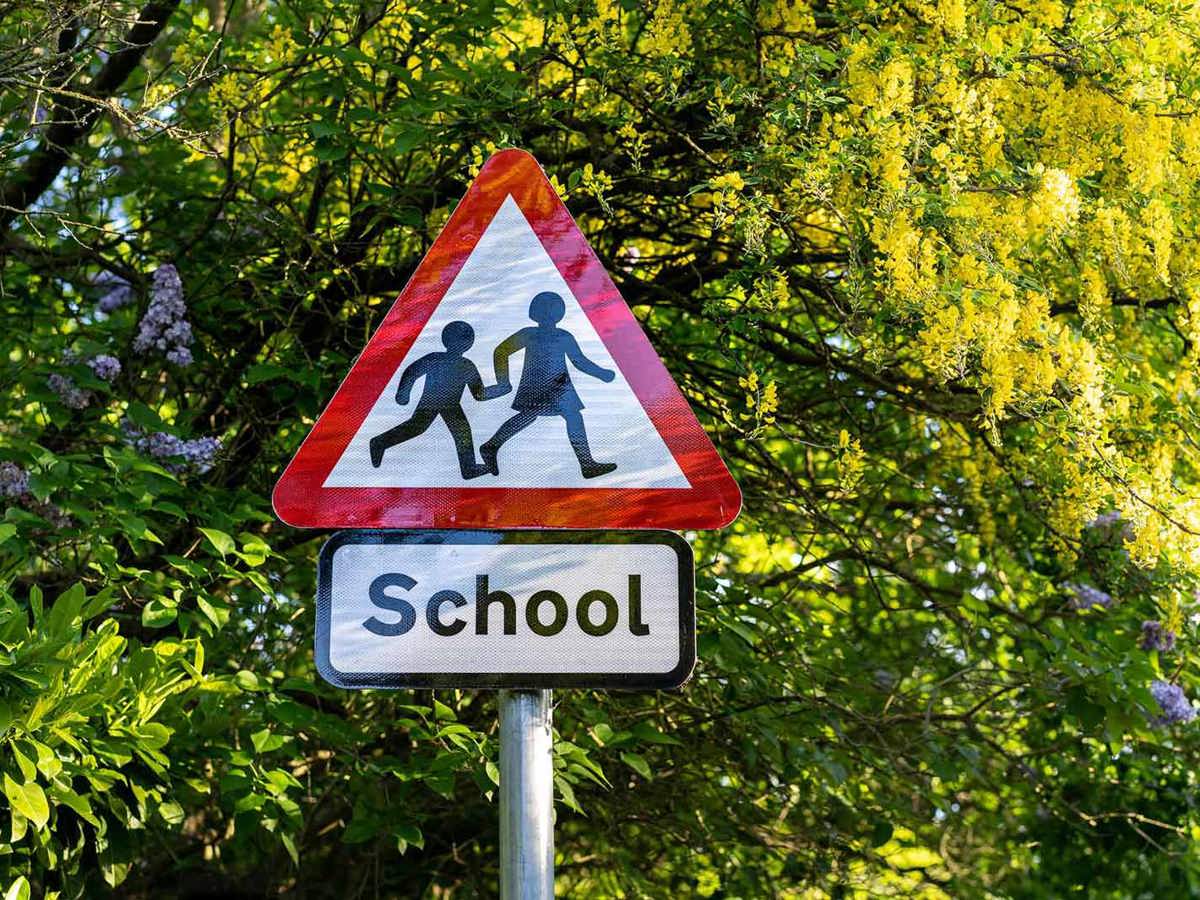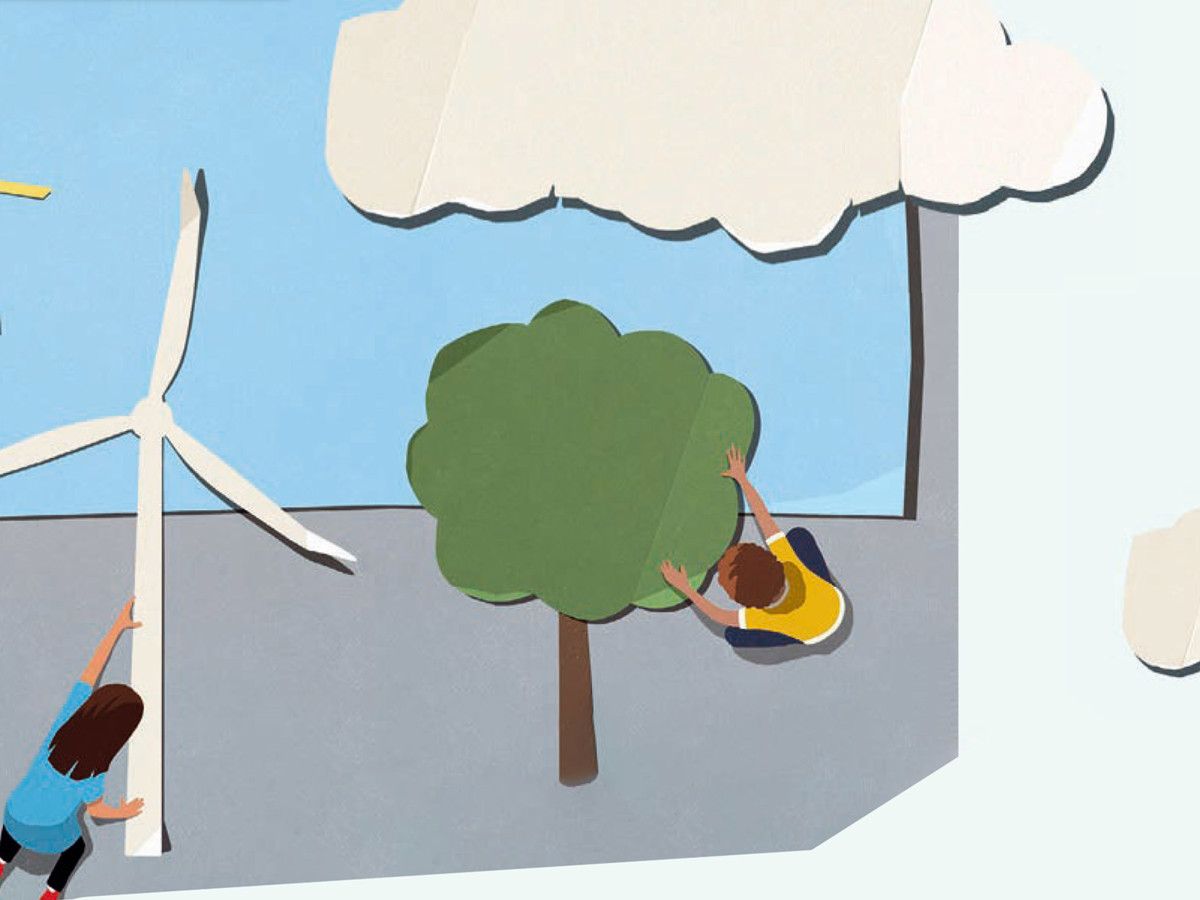Greener Governance
NGA's Greener Governance campaign aims to equip governing boards to effectively oversee environmental sustainability in their schools or trusts. This includes supporting the implementation of a Climate Action Plan and sustainability leadership.

How does progress happen?
Driving change in this area requires a whole school or trust approach. This includes developing a Climate Action Plan with sustainability leads implementing and monitoring its progress.
Climate Action Plans
The DfE describe a Climate Action Plan as “a detailed plan to enable your school or trust, to progress or commence sustainability initiatives”.
They say that a holistic climate action plan should cover the at least the following 4 areas:
Sustainability leadership:
Schools and trusts that drive the greatest change have a holistic action plan, supported by a sustainability leadership team with the authority, knowledge, and commitment to take it forward. While each setting can decide its own team structure, best practice shows change is most effective when led by a diverse, passionate group — including governors and trustees!
Guidance
Environmental sustainability: a whole school approach
This guide is designed to help governing boards understand the role of schools/trusts in improving environmental sustainability, learn from inspiring case studies, and how to lead positive change.

Who's taking action?
In our Annual Governance Survey 2025 61% of respondents said their school or trust had taken practical action on environmental sustainability following board discussions.
The most common action schools and trusts are taking include:
- embedding environmental sustainability into the curriculum/learning
- provided opportunities for outdoor learning e.g. forest school, visits or trips
- energy saving measures and solar panels
- reduced waste e.g. recycling, composting

Where next?
DfE resources
DfE Resource Hub – Dedicated portal of available support.
National Education Nature Park – Initiative that gives children and young people the opportunity to map, monitor and enhance their spaces for nature.
Climate Ambassadors – Free DfE funded scheme that matches environmental sustainability experts with schools to develop climate actions plans plus other support.
Climate Action Planning Template – Free support and guidance to create climate action plans.
Other resources
Let’s Go Zero –the national campaign supporting schools on setting zero carbon targets and developing roadmaps for delivery.
UK Schools Sustainability Network (UKSSN) – Regional networks of school staff and students from all over the UK. Also see their ops group for school business professionals and governors.
Choice Voting – A platform to set up and launch online, paperless, governor/trustee elections.
Energy Sparks – Online energy analysis and education tool to help schools reduce their carbon footprint and teach pupils energy saving and sustainability life skills.
SchooliP Audit Tool – Free online audit tool to help governing boards adopt environmental sustainability as a strategic priority and for leaders to develop climate action plans.










